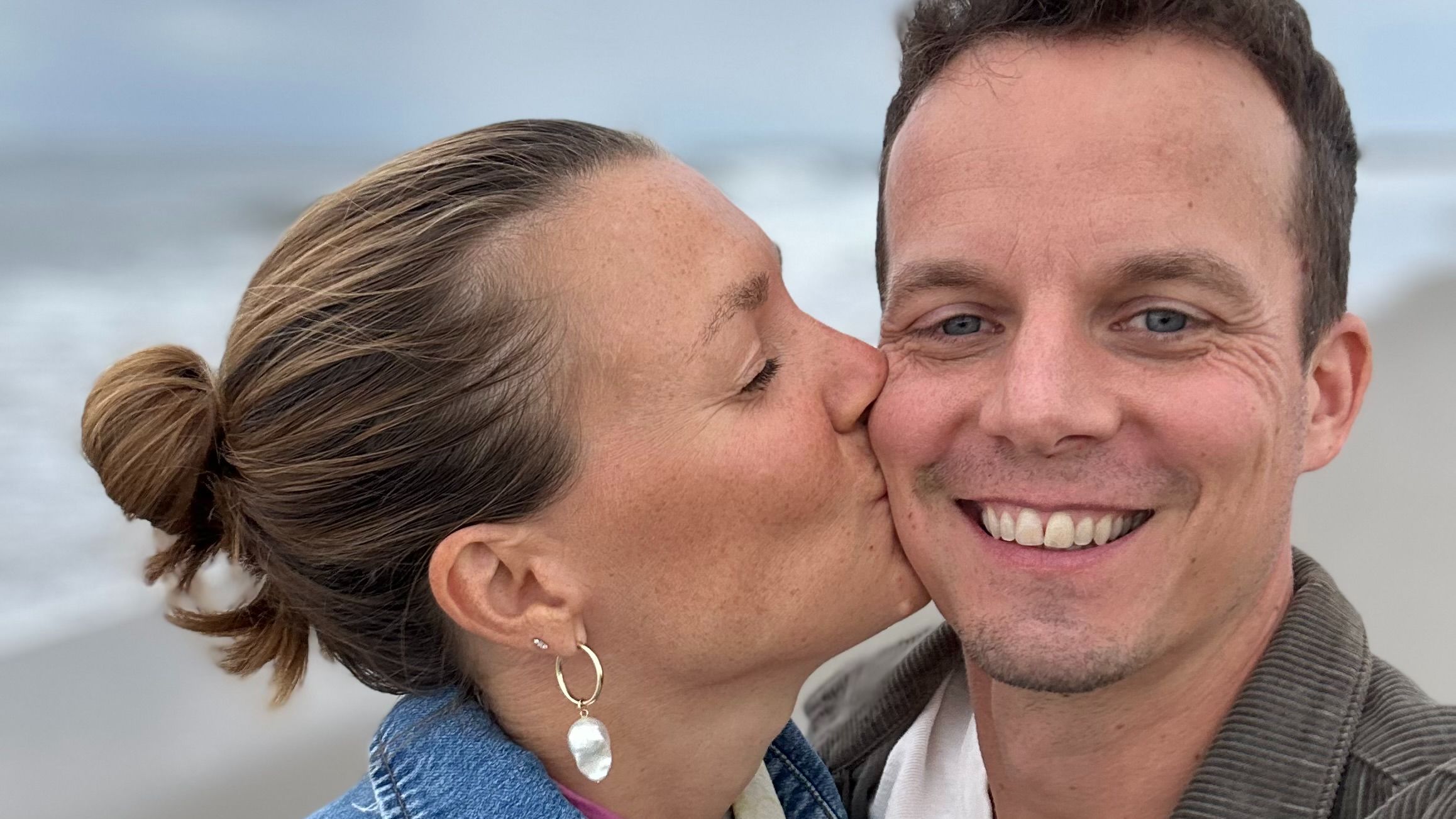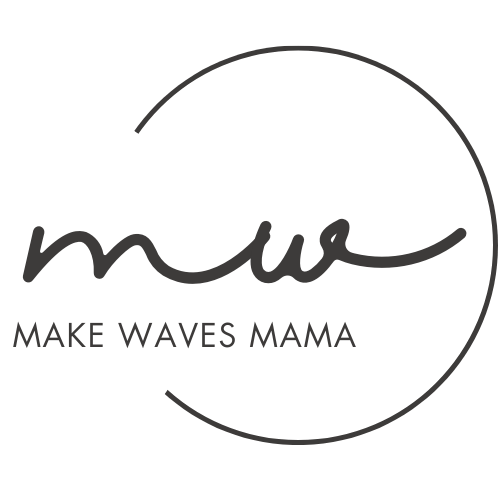He Got a Cold. My Brain Said Cancer.
Oct 15, 2025
When he sneezed at breakfast, my stomach dropped. By the second sneeze and a mention of feeling tired, I was already in a spiral:
- What if this isn’t just a cold?
- Should we call the doctor?
- Is he losing weight?
All before 10 AM. Over a cold.
This is hypervigilance. And if you’ve lived through cancer — as a patient or a caregiver — you probably know exactly what I’m talking about.
What Hypervigilance Actually Is
Hypervigilance isn’t paranoia. It’s not a flaw or proof that you’re “not over it.” It’s your nervous system doing what it learned to do: scan for danger.
When you’ve lived through a health crisis, your body learns that small symptoms can mean life-threatening danger.
- A swollen lymph node wasn’t just a virus — it was lymphoma.
- Fatigue wasn’t just tired — it was leukemia.
Your body remembers. It learned that vigilance could save a life. The problem? It doesn’t know when to turn off.
So a cold feels like cancer. A routine doctor’s appointment feels like a verdict. Your nervous system is still in the fight, even when — for now — the fight is over.
From Both Sides
As the Caregiver
When he sneezes, I’m back in the hospital. My chest tightens. My breath gets shallow. I scan his color, his weight, his words from last week.
I know it’s just a cold. My brain can list the reasons it’s not cancer. But my body doesn’t care. It remembers the fear. The sleepless nights. The scans that changed everything.
So when he’s sick — even with something ordinary — my nervous system reacts like it’s life or death.
As the Thriver (In His Words)
He’s hypervigilant too. Every ache makes him wonder if it’s back. Every scan feels like waiting for a verdict. He’s trying to live like he’s not dying, but his body hasn’t fully caught up to that plan yet.
He told me he didn’t realize how much I was still carrying it too. He knew I worried, but he didn’t understand the extent until I started creating content about it.
Sometimes he doesn’t talk about his fears because he doesn’t want to add to what I’m already managing. It’s not about guilt; it’s about knowing I’m dealing with my own version of this. Sometimes, it’s easier for him to keep it to himself than to pile on.
But he also needs to be allowed to just have a cold sometimes. To feel tired without it meaning something terrible. His body is learning to trust itself again too.
Why “Just Relax” Doesn’t Work
Here’s what people who haven’t been through this don’t get: You can’t think your way out of a nervous system response.
Telling someone with hypervigilance to “just relax” is like telling someone with an asthma attack to “just breathe normally.” Logic doesn’t override a dysregulated system.
You can know with 100% certainty that it’s probably nothing, and your body will still react like it’s life or death. Because for a while, it was.
What Actually Helps
1. Name It in Real Time
Say: “I’m having a hypervigilant moment. This is my nervous system, not reality.”
Naming it creates space between you and the panic.
2. Ground in What’s True Now
Not what might happen. What’s true right now?
He’s breathing. He’s eating. He’s here. The doctor said it’s a cold.
3. Let It Be a Wave, Not a Wall
Hypervigilance doesn’t vanish. It comes in waves. Some days you barely flinch. Other days a sneeze sends you spiraling. That’s not regression. That’s healing.
4. Find Your 5-Minute Reset
Try the 5-4-3-2-1 grounding technique:
- 5 things you see
- 4 things you can touch
- 3 things you hear
- 2 things you smell
- 1 thing you taste
It seems too simple. But it pulls you back to the present, sometimes enough to break the spiral.
The Part Nobody Tells You
You don’t “get over” something like cancer, especially when it's hit your family - a health-conscious, active, happy family - twice. Not as the person who had it. Not as the person who loved them through it.
You learn to carry it differently. Slowly, you teach your body that it’s safe again. Some days that works. Some days it doesn’t.
Three days after his cold started, my nervous system finally got the memo. He was fine. It was just a cold.
But I know there will be a next time. Another symptom. Another spiral. Another wave. And I’ll ride that one too.
If This Is You
- If you’re the caregiver: You’re not broken. Your body is protecting what it loves.
- If you’re the thriver: You’re allowed to just be sick sometimes.
- If you love either of them: Be patient. Healing from medical trauma doesn’t follow a timeline. It happens in waves, in moments, in small victories.
The Bottom Line
He got a cold. My brain said cancer. Both things can be true: It was just a cold. And my response was valid.
Hypervigilance isn’t a flaw. It’s what your body learned when it had to.
The work now? Teaching it that it’s safe to let go. Slowly. Imperfectly. One sneeze at a time.
👉 If this resonates, share this blog with someone who gets it.
Stay connected
Sign-up for a mix of honest insights, tips, and stories delivered to you each week via Your Weekly Boost.
We hate SPAM. We will never sell your information, for any reason.

